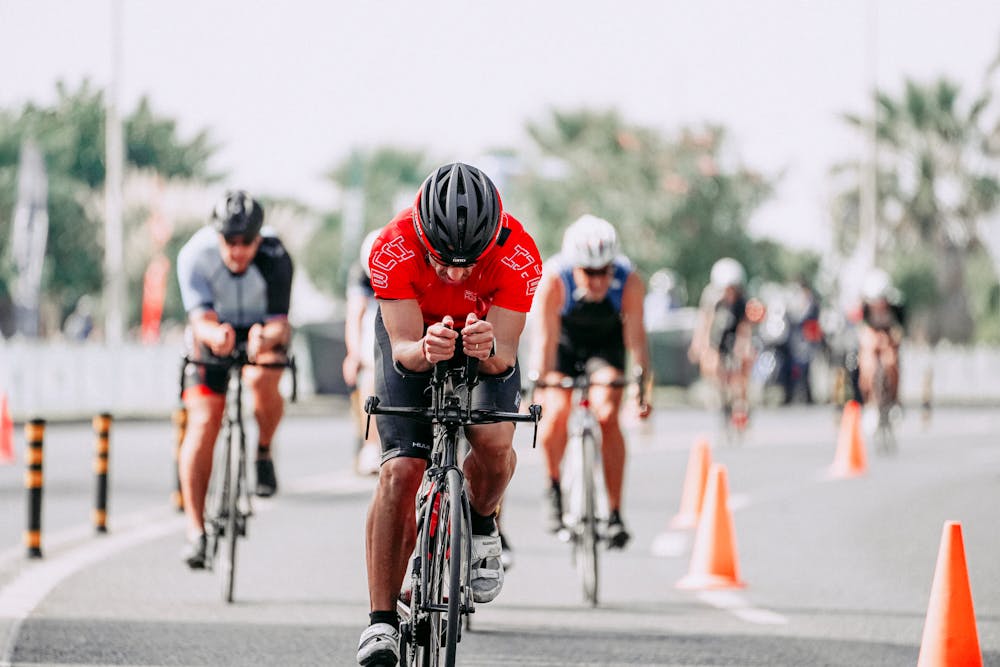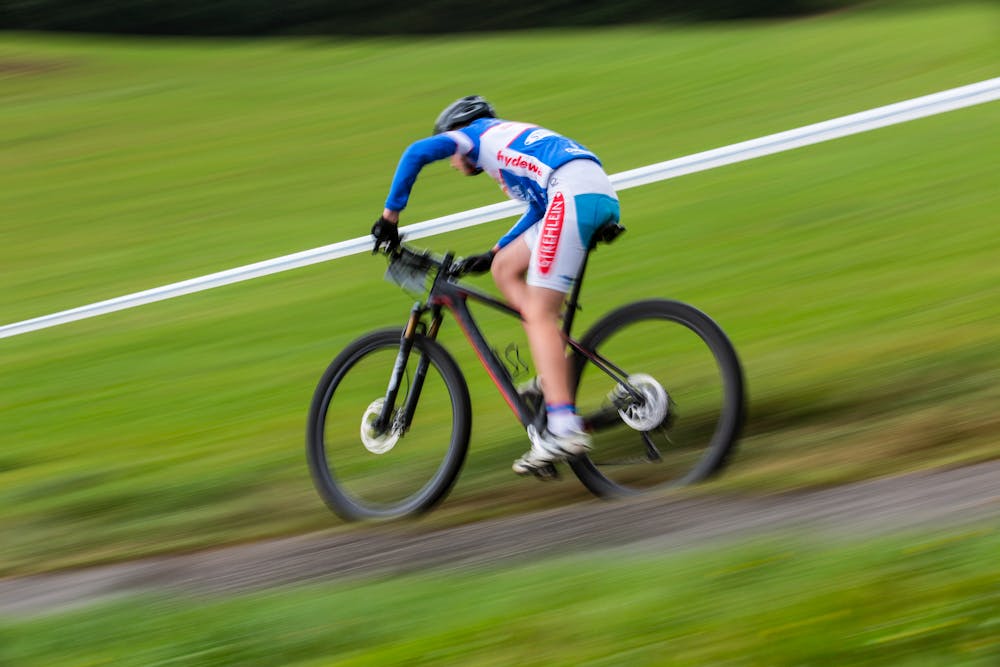As I journey through my fitness routine, I’ve come to appreciate the importance of rest and recovery days in achieving my goals and maintaining overall well-being. The art of rest isn’t just about taking a break from physical activity—it’s about understanding the vital role that recovery plays in optimizing performance, preventing injury, and nurturing my body and mind.
 Rest days are a crucial component of any fitness regimen, providing an opportunity for my muscles, joints, and nervous system to recover and repair after intense workouts. When I push my body to its limits during exercise, I create micro-tears in my muscles and deplete glycogen stores, leading to fatigue and muscle soreness. Rest days allow my body to replenish energy stores, repair damaged tissues, and rebuild stronger and more resilient muscles.
Rest days are a crucial component of any fitness regimen, providing an opportunity for my muscles, joints, and nervous system to recover and repair after intense workouts. When I push my body to its limits during exercise, I create micro-tears in my muscles and deplete glycogen stores, leading to fatigue and muscle soreness. Rest days allow my body to replenish energy stores, repair damaged tissues, and rebuild stronger and more resilient muscles.
 But rest days aren’t just about physical recovery—they’re also essential for mental and emotional well-being. Exercise places stress on both the body and mind, triggering the release of cortisol and other stress hormones. Without adequate rest and recovery, I risk experiencing burnout, fatigue, and diminished motivation to continue with my fitness routine. Rest days provide a much-needed opportunity to recharge mentally, reduce stress levels, and cultivate a positive mindset for future workouts.
But rest days aren’t just about physical recovery—they’re also essential for mental and emotional well-being. Exercise places stress on both the body and mind, triggering the release of cortisol and other stress hormones. Without adequate rest and recovery, I risk experiencing burnout, fatigue, and diminished motivation to continue with my fitness routine. Rest days provide a much-needed opportunity to recharge mentally, reduce stress levels, and cultivate a positive mindset for future workouts.
 Furthermore, rest days play a crucial role in preventing overtraining and injury. When I push myself too hard without allowing for proper rest and recovery, I increase the risk of overuse injuries, muscle imbalances, and chronic fatigue. Rest days give my body the chance to adapt to the demands of exercise, address any imbalances or weaknesses, and minimize the risk of injury over the long term.
Furthermore, rest days play a crucial role in preventing overtraining and injury. When I push myself too hard without allowing for proper rest and recovery, I increase the risk of overuse injuries, muscle imbalances, and chronic fatigue. Rest days give my body the chance to adapt to the demands of exercise, address any imbalances or weaknesses, and minimize the risk of injury over the long term.
 But rest doesn’t necessarily mean complete inactivity. While it’s important to take a break from intense workouts on rest days, there are still plenty of ways to stay active and promote recovery. Gentle activities like walking, yoga, swimming, or foam rolling can help improve circulation, reduce muscle tension, and promote relaxation without placing additional stress on the body.
But rest doesn’t necessarily mean complete inactivity. While it’s important to take a break from intense workouts on rest days, there are still plenty of ways to stay active and promote recovery. Gentle activities like walking, yoga, swimming, or foam rolling can help improve circulation, reduce muscle tension, and promote relaxation without placing additional stress on the body.
 Rest days are also an opportunity to focus on other aspects of health and wellness, such as nutrition, hydration, and sleep. Proper nutrition and hydration are essential for supporting recovery and replenishing nutrients lost during exercise. Adequate sleep is equally important, as it allows the body to enter into deep restorative sleep cycles, release growth hormone, and repair damaged tissues.
Rest days are also an opportunity to focus on other aspects of health and wellness, such as nutrition, hydration, and sleep. Proper nutrition and hydration are essential for supporting recovery and replenishing nutrients lost during exercise. Adequate sleep is equally important, as it allows the body to enter into deep restorative sleep cycles, release growth hormone, and repair damaged tissues.
 In conclusion, the art of rest is a vital component of any balanced fitness routine. By understanding the role of recovery days and prioritizing rest as part of my overall wellness plan, I can optimize performance, prevent injury, and maintain a healthy balance between exercise and recovery. Rest isn’t a sign of weakness—it’s a strategic tool for achieving my fitness goals and nurturing my body and mind for long-term health and vitality.
In conclusion, the art of rest is a vital component of any balanced fitness routine. By understanding the role of recovery days and prioritizing rest as part of my overall wellness plan, I can optimize performance, prevent injury, and maintain a healthy balance between exercise and recovery. Rest isn’t a sign of weakness—it’s a strategic tool for achieving my fitness goals and nurturing my body and mind for long-term health and vitality.






